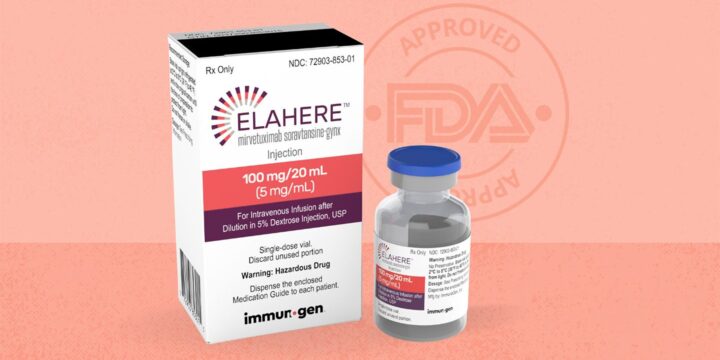
Benign Breast Lumps Are Tied to Increased Cancer Risk Years Later
Even though many women with abnormal screening mammogram results don’t go on to get breast cancer, a new study suggests their risk is elevated when these tests turn up noncancerous lumps.For the study, researchers examined data on more than 778,000 women ages 50 to 69 who had at least one mammogram at a breast cancer screening center in Spain between 1996 and 2015. During a median follow-up period of 7.6 years, mammograms found noncancerous tissue growth, or benign breast disease, in 2.3 percent of the participants and breast cancer in 1.5 percent.Overall, about 25 out of every 1,000 women with benign breast disease went on to develop breast cancer, compared with 15 out of every 1,000 women without these noncancerous tissue growths, researchers reported February 24, 2022, in the International…








